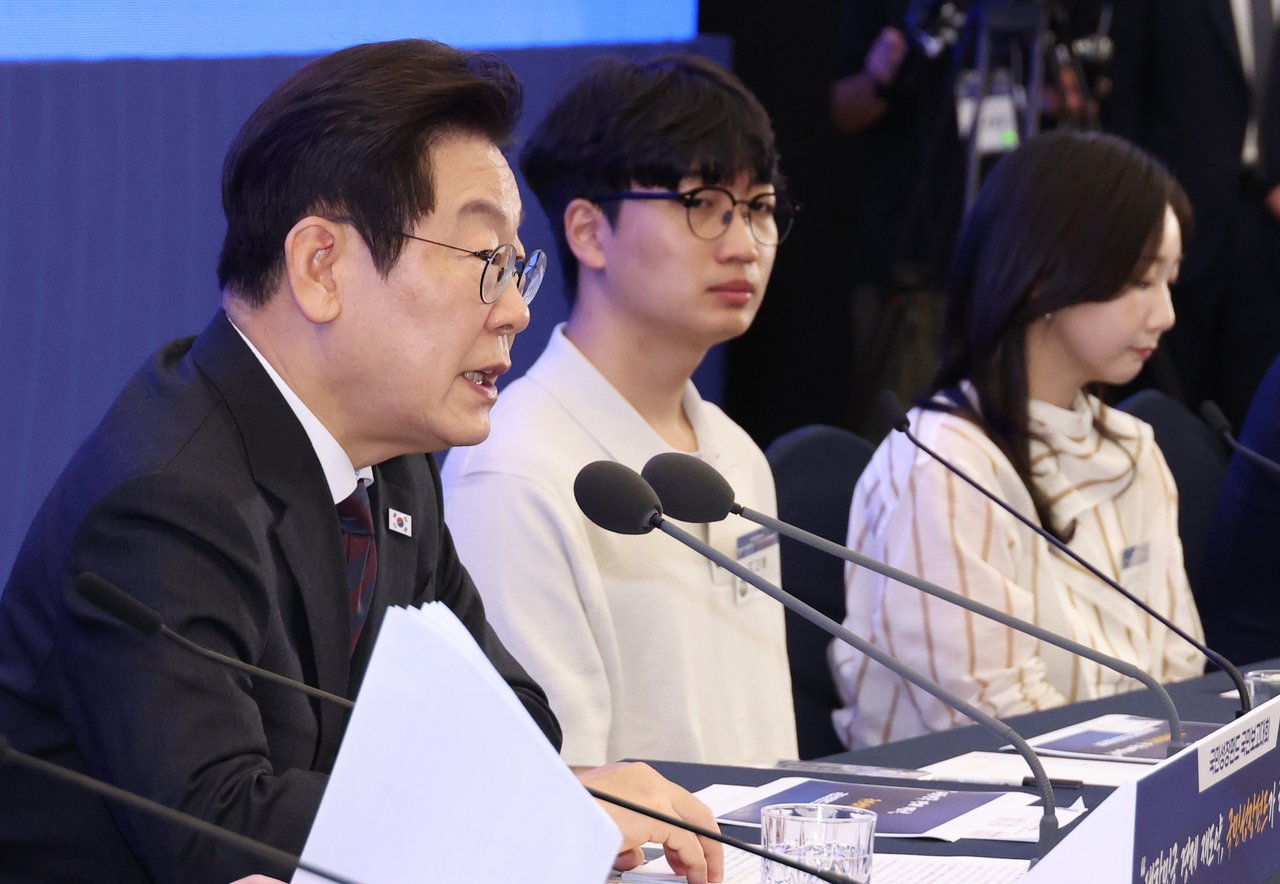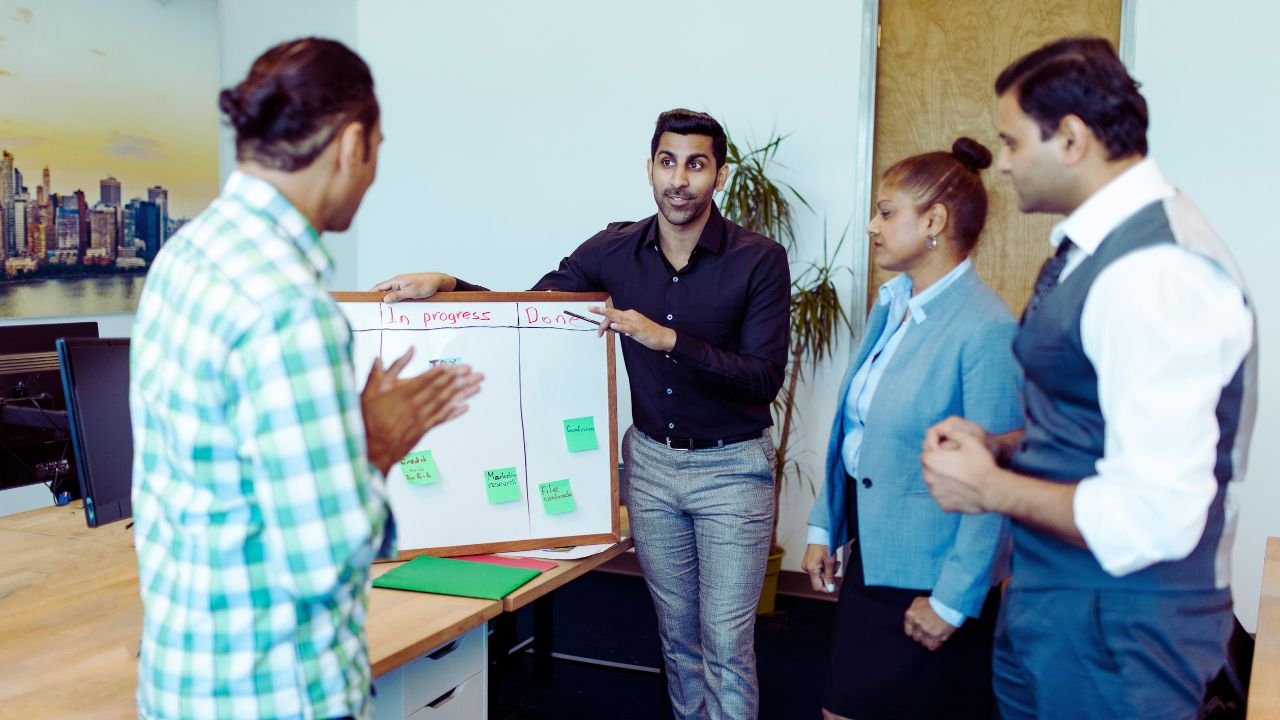Tools & Platforms
Study shows how AI technology can affect mental health

TEXAS — As AI technology continues to advance, many of us have gotten used to turning to chatbots to solve many of our daily problems — from finding our missing packages to suggesting a recipe for dinner. But a new study suggests AI may not be ready to tackle complex problems related to mental health.
Results from the study show that AI chatbots often performed poorly as therapists — offering inappropriate and, at times, dangerous responses to people experiencing mental health crises.
Researchers at Stanford University investigated the use of AI therapy and found that it potentially worsened users’ condition in some cases by encouraging or helping people self-harm, stigmatizing mental illness and by engaging with hallucinations/delusions. Researchers say the chatbots validated users’ doubts, fueled their anger and encouraged impulsive decisions — in one case even giving a person with suicidal thoughts the locations of the tallest bridges to jump off of.
Study co-author Dr. William Agnew says another big issue is that AI, also known as large language models, are not licensed mental health providers.
“Any company is putting AI out there, and people are using it for mental health care, and there’s no standards, no accreditation, no testing, and there’s no accountability or transparency, and that is hurting people,” Agnew said.
Along with the education and training requirements, human therapists form professional relationships with clients, help them find community resources and challenge unhealthy behavior.
While AI is no substitute for human interaction, researchers say it can be used to support patient care by helping counselors summarize notes and reminding clients about upcoming sessions and to complete certain activities.
If you need mental health support, experts recommend seeking treatment from a licensed therapist.
Tools & Platforms
S. Korea launches W150tr bet to up ante in AI tech race

Lee to hold news conference Thursday, marking 100th day in office
South Korea on Wednesday unveiled plans to bet big on the growth of artificial intelligence, semiconductors, biotechnology, defense, robots and green mobility to up the ante in the global race for strategic technologies.
Under the plan, a massive investment fund worth 150 trillion won ($108.1 billion) will be pooled over the next five years, and the plan will create up to 125 trillion won worth of added value in South Korea’s economy, according to the government.
Amid a slowdown in Korea’s economic growth due to heated international competition for technologies, President Lee Jae Myung stressed the need to secure a new engine for growth.
“Major countries like the United States and China are ramping up their state support to strategic industries backed by cutting-edge technologies,” Lee said at the event he hosted in Seoul before some 150 participants on Wednesday. “We are engaged in a war without gun smoke.”
Lee also said the scale of the pooled fund was later confirmed to be 1.5 times larger than the initially set 100 trillion won, according to the policy blueprint suggested by the de facto transition team for Lee, the State Affairs Planning Committee.
Half of the pooled fund will stem from a 75 trillion won fund newly established by the state-run policy lender Korea Development Bank. The government projected KDB’s fund to launch in December following the promulgation of relevant legislation on Tuesday. KDB will join forces with government ministries to explore investment destinations.
The rest of the fund will comprise contributions from South Korean pension funds and financial institutions, as well as individual citizens.
The fund will invest in securities of late-stage venture firms with technology prowess, investment vehicles that invest in such securities, low-interest loans, as well as large-scale infrastructure such as AI expressways and data centers, according to the government.
The destinations for investment will be businesses related to artificial intelligence, semiconductor chips, biotechnology, vaccines, defense equipment, robots, hydrogen energy, secondary batteries, display panels and futuristic mobility, according to the government.
The investment fund will also open the way for South Korea’s “grand transition to productive finance,” Lee said.
“We will take advantage of the growth opportunity and share its fruits with citizens,” Lee said, adding that the newly established fund could alleviate the chronic overheating of the housing market and banks’ reliance on lending rates.
Meanwhile, Lee is poised to hold a news conference Thursday at 10 a.m. Marking his 100th day in office, the conference will be the second of its kind since his inauguration in June.
Some 150 journalists from Korea and abroad will take part in the conference, which will center on economics, social affairs and culture, said Lee Kyu-youn, senior presidential secretary for public relations and communication, in a briefing on Wednesday.
consnow@heraldcorp.com
Tools & Platforms
Gen Z workforce in tech shrinks as AI reshapes entry-level jobs: Report – People Matters India
Tools & Platforms
UAE launches new low-cost AI model, challenging OpenAI and DeepSeek. Meet K2 Think
Published on
ADVERTISEMENT
A new, cheaper artificial intelligence (AI) model has entered the technology race, this time from the United Arab Emirates (UAE).
The Mohamed bin Zayed University of Artificial Intelligence (MBZUAI) in Abu Dhabi on Tuesday unveiled the release of a low-cost reasoning model that it hopes will rival DeepSeek and OpenAI.
In January, the AI bubble got a shot of air after China-based research lab DeepSeek said it had been closely catching up to the achievements of the United States’s OpenAI, which makes ChatGPT, using a fraction of its budget and energy.
The UAE’s model, called K2 Think, is smaller in terms of parameters, or
the configuration variables of a machine learning model which control how it processes data and makes predictions, compared to its AI competitors, including DeepSeek. However, the researchers behind it say its performance is on par with OpenAI and DeepSeek’s reasoning models.
The university said in a press release that its K2 Think is “a new class of reasoning model,” adding that “it employs long chain-of-thought supervised fine-tuning to strengthen logical depth, followed by reinforcement learning with verifiable rewards to sharpen accuracy on hard problems”.
“What was special about our model is we treat it more like a system than just a model,” Hector Liu, director of MBZUAI’s institute of foundation models, told CNBC in an interview.
“So, unlike a regular open source model where we can just release the model, we actually deploy the model and see how we can improve the model over time”.
MBZUAI also said that it is “one of the fastest and most efficient reasoning systems in existence”. It says K2 Think can achieve 2,000 tokens per second, which is roughly 1,500 words.
K2 Think was built on Alibaba’s Qwen 2.5 large language model and is run on hardware from AI chipmaker Cerebras.
Like DeepSeek’s R1 model, K2 Think is also open source, meaning its training data and weights are available to the public.
“This new level of transparency ensures that every step of how the model learns to reason can be studied, reproduced, and extended by the global research community,” the university said.
The global AI race
The technology could have major implications for the global AI race.
Though the US, followed by China, reigns supreme, other countries are trying to make their mark in AI.
“K2 Think is a defining moment for AI in the UAE,” MBZUAI said. “It reflects how open innovation and close public–private partnerships can position Abu Dhabi as a global leader in AI, demonstrating that the future of reasoning will be shaped not only by size, but by ingenuity and collaboration”.
-

 Business2 weeks ago
Business2 weeks agoThe Guardian view on Trump and the Fed: independence is no substitute for accountability | Editorial
-
Tools & Platforms4 weeks ago
Building Trust in Military AI Starts with Opening the Black Box – War on the Rocks
-

 Ethics & Policy1 month ago
Ethics & Policy1 month agoSDAIA Supports Saudi Arabia’s Leadership in Shaping Global AI Ethics, Policy, and Research – وكالة الأنباء السعودية
-

 Events & Conferences4 months ago
Events & Conferences4 months agoJourney to 1000 models: Scaling Instagram’s recommendation system
-

 Jobs & Careers2 months ago
Jobs & Careers2 months agoMumbai-based Perplexity Alternative Has 60k+ Users Without Funding
-

 Education2 months ago
Education2 months agoVEX Robotics launches AI-powered classroom robotics system
-

 Podcasts & Talks2 months ago
Podcasts & Talks2 months agoHappy 4th of July! 🎆 Made with Veo 3 in Gemini
-

 Education2 months ago
Education2 months agoMacron says UK and France have duty to tackle illegal migration ‘with humanity, solidarity and firmness’ – UK politics live | Politics
-

 Funding & Business2 months ago
Funding & Business2 months agoKayak and Expedia race to build AI travel agents that turn social posts into itineraries
-

 Podcasts & Talks2 months ago
Podcasts & Talks2 months agoOpenAI 🤝 @teamganassi




















